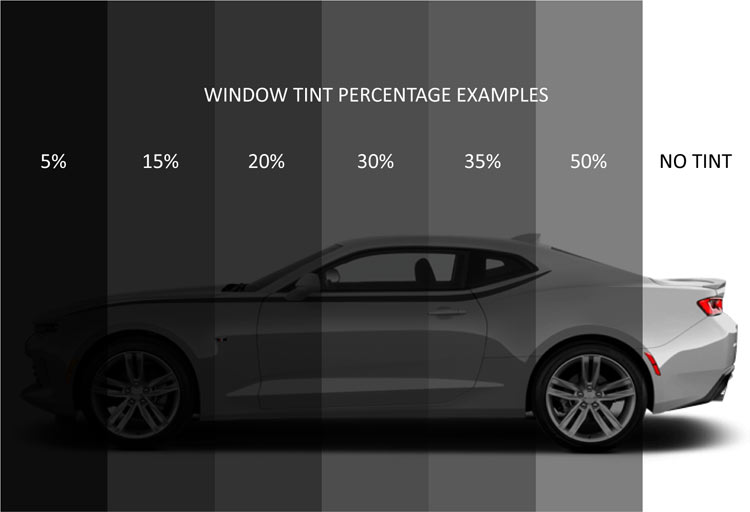Automotive Window Tinting
Upgrade your vehicle with UV protected car window tinting from Sound Waves. We are proud to offer the best selection of products and top installers in New Jersey, ensuring accuracy, performance, and reliability.
Our automotive window tinting is designed to enhance the style and appearance of your vehicle. We use the highest quality film available, providing long-lasting durability. With our factory trained and accredited installers, you can trust that your window tinting will be done with precision and expertise.
At Sound Waves, we stay at the forefront of technology. We utilize Computer Cut on every installation, guaranteeing unmatched accuracy. Unlike some in the industry who install rear window film in two pieces, we take pride in installing it in one piece, expertly molding the film to the curves and contours of your glass.
In addition to improving aesthetics, our window tinting offers UV protection, shielding you and your vehicle’s interior from harmful rays. It also provides privacy and helps regulate the temperature inside your vehicle.
We stand behind the quality of our work with the best window tinting and auto film warranty in the business. Your satisfaction and peace of mind are our top priorities.
Experience the difference of Sound Waves’ automotive window tinting. Contact us today to schedule an appointment and discover how we can enhance your vehicle’s style and performance with our top-notch products and installation techniques.
Difference Between Ceramic Tint and Regular Tint
Tinting your vehicle’s windows is more than just an aesthetic choice; it’s a functional decision that can provide privacy, reduce glare, and offer protection from harmful UV rays. Two of the most popular options available in the market today are ceramic tint and regular tint. But how do they differ? Let’s delve into the distinctions between these two choices to help you make an informed decision.
- Material Composition:
- Regular Tint (Dyed Tint): Regular tint is often referred to as dyed tint. It is primarily made using layers of dye set between protective polyester layers. This dye absorbs solar radiation, preventing a portion of it from penetrating into the vehicle.
- Ceramic Tint: Ceramic tints, as the name suggests, are infused with ceramic particles known for their non-conductive properties. This tint doesn’t rely on dyes for solar absorption.
- UV and Heat Protection:
- Regular Tint: While dyed tints offer a level of UV protection, they might not be as efficient in blocking out heat. Over time, the dye can break down, leading to reduced effectiveness.
- Ceramic Tint: Ceramic tint stands out for its superior UV and infrared heat rejection capabilities. The ceramic particles effectively block out up to 99% of UV rays and a significant amount of infrared heat, ensuring a cooler and more comfortable ride.
- Longevity and Durability:
- Regular Tint: The dye in regular tint can degrade over time due to prolonged sun exposure, leading to purple discoloration and bubbling.
- Ceramic Tint: Ceramic tints are more durable and are less likely to fade, discolor, or bubble. Their top-tier construction ensures longevity.
- Visibility:
- Regular Tint: Regular tint can sometimes result in a darker appearance, which might slightly compromise visibility, especially during nighttime.
- Ceramic Tint: Despite its high solar rejection properties, ceramic tint is known to allow for excellent visibility, both during the day and night.
- Cost:
- Regular Tint: Dyed tints are generally more affordable, making them a popular choice for those on a tighter budget.
- Ceramic Tint: While ceramic tint might come with a higher upfront cost, its durability and superior protection often justify the investment, as it can offer value in the long run.
Both ceramic and regular tints have their merits. Your choice should align with your priorities, be it budget, durability, heat rejection, or aesthetics. While regular tint might appeal to those looking for immediate cost savings, those who prioritize long-term benefits, superior protection, and overall performance might find ceramic tint more suitable. Before making a decision, always consult with a tinting professional to discuss the best option tailored to your needs.


